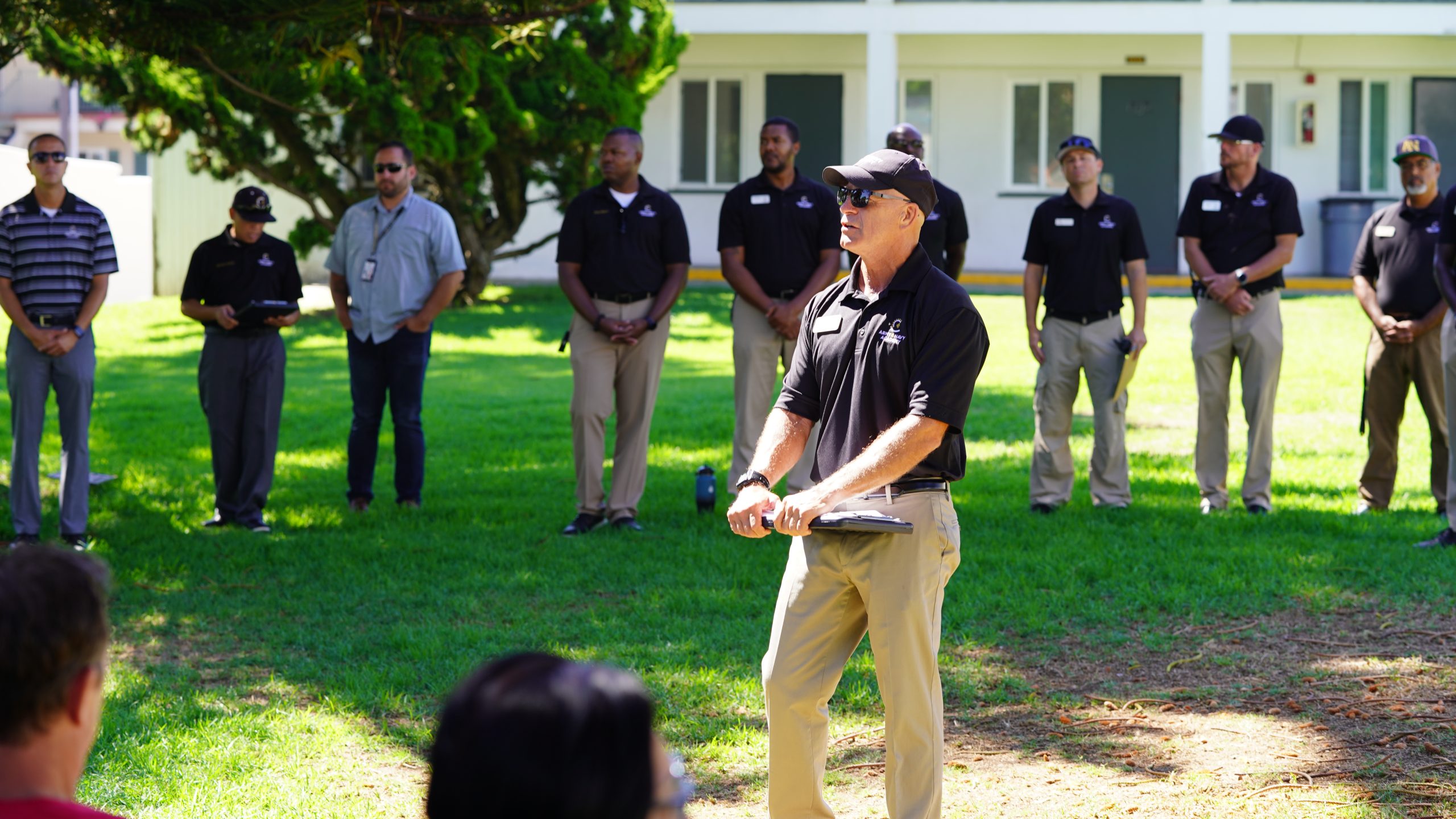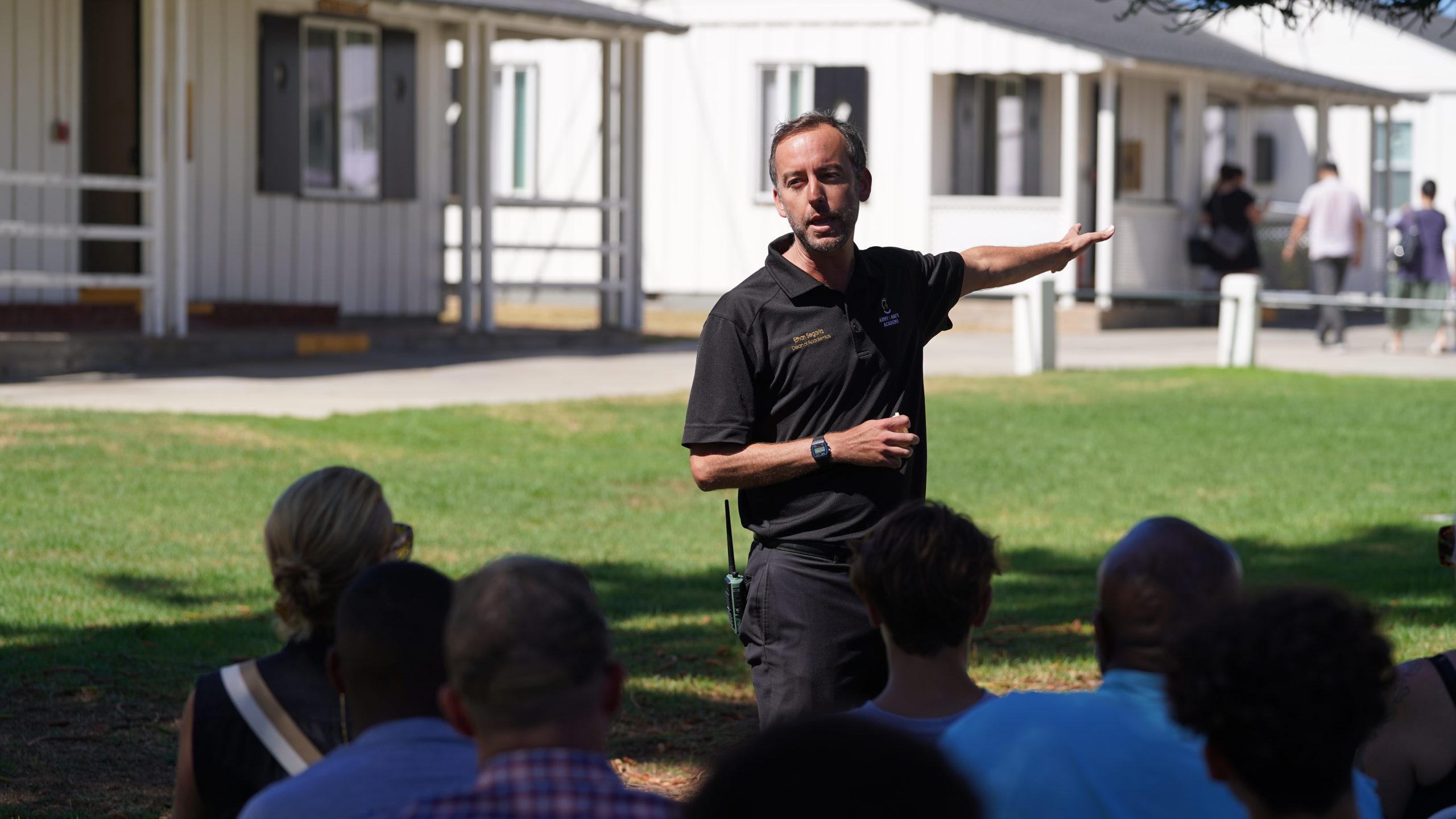
PARENT PARTNER EXPECTATIONS
We believe that establishing and maintaining a positive and productive relationship with parents and guardians is vital to the successful execution of our mission. We are committed to working with parents/guardians in a spirit of cooperation so that each cadet may grow into their full potential. To help facilitate and guide this shared partnership we have created a document which highlights the multiple ways in which we will strive to best communicate and interact with you over the course of the academic year. We hope that you take the time to read through this question and answer format. We look forward to seeing you on campus and working with you throughout this school year.
PARENT PARTNER EXPECTATIONS AT ARMY AND NAVY ACADEMY
Q: What can I expect in terms of Communication from ANA?
A: Communication is a particularly important aspect within a school that relies upon the community working together. Therefore, ANA encourages communication at all levels and invites our parent community to ask questions and get involved. As parents, you can expect to receive communication from the school in various formats. For emails, the website, and newsletters, we will work to provide you with accurate and timely information about ANA and campus events. In addition to the formal reporting of grades and early warning academic notices, as needed, the school welcomes informal communication between faculty, TAC’s, and administrators. You are invited to call, leave a voicemail, or send an email for updates about your student at any time throughout the year. We will do our best to return calls within 24 hours.
Q: What can I expect from parent teacher conferences?
A: ANA will provide a professional assessment and respectful solicitation for parental perspectives. Our faculty are professionals who will provide you with a battery of indicators of your cadet’s academic progress. The quid pro quo of the partnership with parents is that we expect our parents to treat our teachers as professionals (who know what to teach and how to teach it), just as we expect our teachers to treat our parents as experts about their own kids (experts who have something to contribute to the dialogue about maximizing effectiveness in working with a cadet.)
Q: What can I expect if my child reports alarming behavior or a potentially
dangerous situation at school?
A: Probe, call, and trust that ANA will address such issues. Please know that it is your prerogative and duty to call the school and report any and all accounts of situations
you believe are dangerous. Rest assured that the school will investigate all reports as we value the reputation of our school as being a safe, secure, and welcoming environment.


Q: What are my responsibilities to my child as an ANA cadet?
A: Support, encouragement, and structure. Professionals in the field routinely counsel parents that young people need three essential building blocks: support, encouragement and structure (i.e., clear boundary lines and significant consequences for crossing the line.) Our program is intentionally designed around these core building blocks. You can help reinforce the promotion of good habits by working in partnership with us as we help to develop time-management and self- monitoring skills. As your cadet grows in age and maturity, help him move toward independence with a balance of freedom and responsibility.
Q: What are my responsibilities to contribute to the development of my cadet’s
moral values?
A: Nothing is more important to our goal of developing virtuous men than in your capacity as a parent to model integrity and civility. We ask that you be a role model when it comes to honesty and civil behavior towards others at ANA, whether on the sidelines at athletic events or in conversations with and about adults in the school. (Parents who fail to be civil and/or become disruptive in their relationships with ANA place that relationship in jeopardy, including the loss of privileges to interact individually with teachers and coaches.) This includes the use of inappropriate gestures and language. Engage your cadet in conversations about events that have moral overtones. Encourage participation in events that can lead to immoral, unwise, or illegal behavior. Help your cadet capitalize upon successes and, even more importantly, learn from and adjust to setbacks and failures. Their future growth will depend upon the ability to handle both success and failure. Attempting to ameliorate or cover up mistakes on the part of your cadet is a disservice to your child and to ANA’s capacity to fulfill our mission. Therefore, we ask for your full support and cooperation when holding cadets accountable for any behavior on their part which is determined to be inappropriate.
Q: What are my responsibilities to my cadet’s academics and activities?
A: Endorse ANA’s mission and policies; when possible, attend special school sponsored closed weekend events. Read the Parent and Cadet Handbook and as appropriate discuss with your cadet the philosophy and policies contained therein. As appropriate, maintain contact with your cadet’s TAC, coaches, and teachers.
Q: What are my financial responsibilities to ANA?
A: Make timely tuition payments; be proactive in discussing any changes in financial position with the Business Office. We want to work with you if circumstances arise that make it difficult for you to honor your commitments.
Q: Why will I be asked to donate money in support of ANA beyond what I am
already paying in tuition dollars?
A: As a member of the ANA community, you will be asked to offer additional support during the Warrior Fund campaign. Warrior Fund dollars provide immediate, unrestricted support of current operations including recruiting and retaining outstanding faculty and staff members, new and upgraded technology, financial aid to support a diverse socioeconomic student body, smaller campus upgrade projects, and an elevated daily experience for our cadets. Your gift to the ANA Warrior Fund is a way of showing support for the Academy and it is helpful to support the overall financial health of the school.
Q: Who is asked to donate to ANA?
A: Everyone is invited to support ANA. That includes parents, grandparents and family members, alumni, faculty and staff, and all friends of ANA who believe in our mission and share our values. As an example, it is important to highlight that each year our faculty and staff donate money from their salaries to scholarships that support students who best exemplify the mission of the school. These tuition remission gifts are awarded to deserving cadets at the end of the school year. The Warrior Fund drive begins in the fall and we ask parents to make the school one of their philanthropic priorities.
Q: How much should I to give to ANA?
A: Gifts to Warrior Fund range from $1 to $50,000 and above. All are gratefully received and make a difference. Philanthropy is voluntary although we ask that each family make a gift that is meaningful to them. That looks different for each family, and we understand that. Your giving helps to set an example for our cadets as is part of our education of servant leaders.
Q: Are there additional ways to support ANA?
A: Volunteer (when appropriate and convenient.) Giving your time and talents to ANA enriches your cadet’s experience and strengthens your relationships with staff, teachers, administrators, and fellow parents that come into contact with your cadet. Volunteering should be an expression of your interests.
Q: What are my responsibilities regarding complaints?
A: Understand the governance structure and use of proper channels. ANA is governed by a Board of Trustee; whose job is to secure the future of the school. It does so by setting basic policies, hiring, and supporting the President, undertaking strategic planning, evaluating the performance of the school, and leading in financial support. The board entrusts the daily operations of the school to the President who supervises and evaluates all programs and personnel and is the final arbiter of any disputes that may arise, including those of parent issues or student disciplinary issues. The board does not sit in or review administrative decisions, so the President is the “court of last resort” for any problem. For matters large and small, the proper way to raise and issue or register a complaint is as follows. Contact the teacher, coach, TAC, or staff member most closely related to the issue and capable of addressing it. If you are not satisfied at this juncture, seek out the appropriate person at the next level, (Academic Dean, Commandant, Athletic Director, Director of Finance.)
